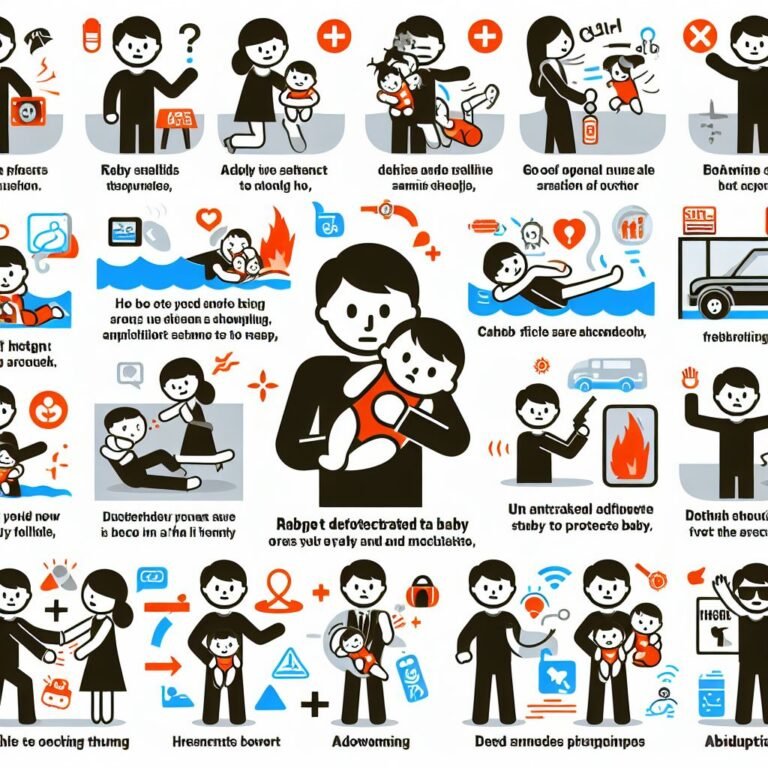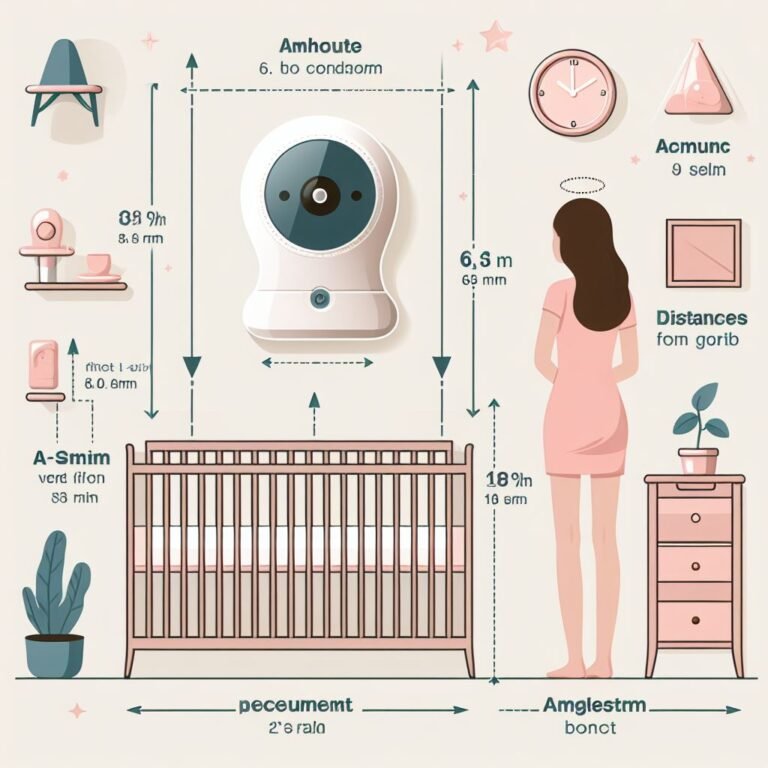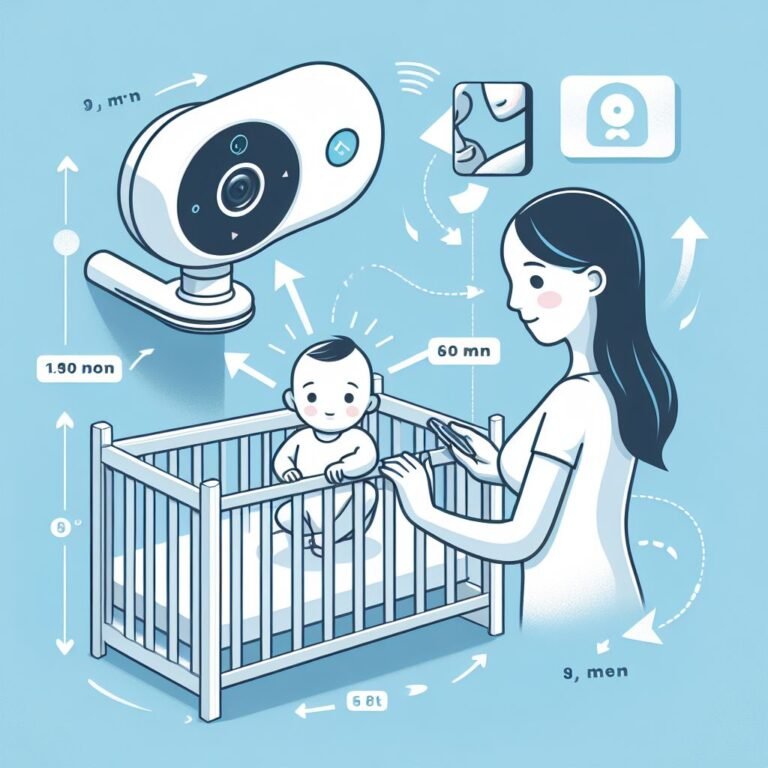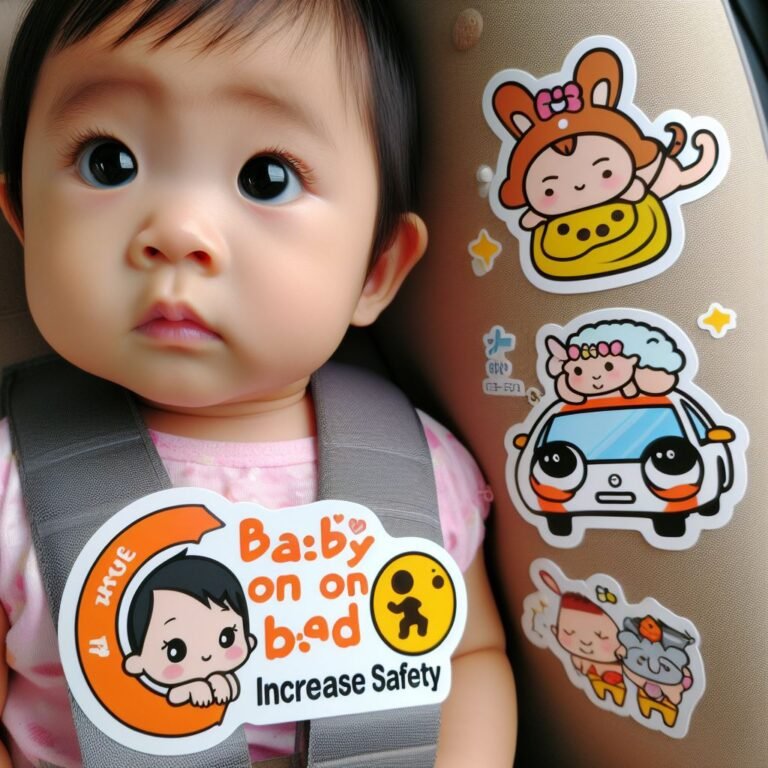Ensuring Your Newborn’s Safety : Risks of Being Mindful When My Newborn Baby Goes to the Toilet?
Risks of Being Mindful When My Newborn Baby Goes to the Toilet?
Did you know that a newborn baby requires constant supervision for their safety and well-being?
As a new parent, the question of whether or not you can leave your newborn baby to go to the toilet may weigh heavily on your mind.
In this article, we will explore the importance of supervision, understanding your newborn’s needs, and considering safety measures so you can make informed decisions while ensuring the utmost care for your little one.
Key Takeaways
- Effective supervision is crucial for ensuring the safety and well-being of newborns.
- Newborns require constant care and supervision, especially in the early weeks of their lives.
- Establish a reliable support system with trusted family members, friends, or professional caregivers.
- Prioritize your newborn’s safety and well-being, but also take advantage of moments when they are asleep or someone else can watch over them to attend to personal needs.
The Importance of Supervision
Effective supervision is crucial for ensuring the safety and well-being of newborns. When it comes to caring for a newborn, every moment counts. A newborn’s safety is fragile and vulnerable, requiring constant attention and care. As caregivers, it is our responsibility to provide a safe and nurturing environment for these precious little ones.
Supervision is essential to prevent accidents and potential harm to the newborn. It allows us to closely monitor their activities, ensuring they are safe at all times. By being present and attentive, we can identify any potential risks or hazards and take immediate action to mitigate them. Whether it is during diaper changes, feeding, or simply being in the same room, effective supervision is vital.
Furthermore, supervision goes beyond physical safety. It also plays a critical role in the emotional well-being of newborns. By being present and engaged, we can provide comfort and reassurance to our little ones. This creates a sense of security and trust, which is essential for their healthy development.
Understanding Your Newborn’s Needs
Understanding the constantly evolving needs of your newborn’s safety is essential for providing appropriate care and support during this crucial stage of their development. As a caregiver, it is important to be aware of the following aspects of your newborn’s safety needs:
- Feeding: Your newborn’s safety relies on you for nourishment and requires frequent feeding sessions. Whether you choose to breastfeed or bottle-feed, ensuring a calm and comfortable environment during feeding time is crucial. Pay attention to your baby’s cues of hunger, such as rooting or sucking on their fingers, and respond promptly to their needs.
- Sleep: Newborns sleep for most of the day, but their sleep patterns are often irregular and can be disrupted easily. Creating a soothing sleep environment with dim lights and a quiet atmosphere can help your newborn’s safety settle into a peaceful sleep. Be prepared for multiple nighttime awakenings to feed or comfort your baby.
- Comfort and stimulation; newborn’s safety: seek comfort through physical contact and gentle soothing techniques. Responding promptly to their cries and providing a gentle touch can help them feel secure and loved. Additionally, newborns benefit from sensory stimulation to promote their development. Engage in activities such as talking, singing, and gentle play to provide appropriate stimulation.
Considering Safety Measures
When considering the safety measures for leaving your newborn to go to the toilet, it is important to prioritize their well-being and minimize any potential risks. As a caregiver, it is your responsibility to ensure your newborn’s safety at all times. Leaving your newborn unattended, even for a short period of time, can pose significant risks, so it is crucial to take the necessary precautions.
First and foremost, it is recommended to have a designated and secure space for your newborn’s safety, such as a crib or playpen. This will provide a safe and contained environment while you briefly step away. Ensure that the area is free from hazards such as loose blankets, pillows, or any small objects that could pose a choking hazard.
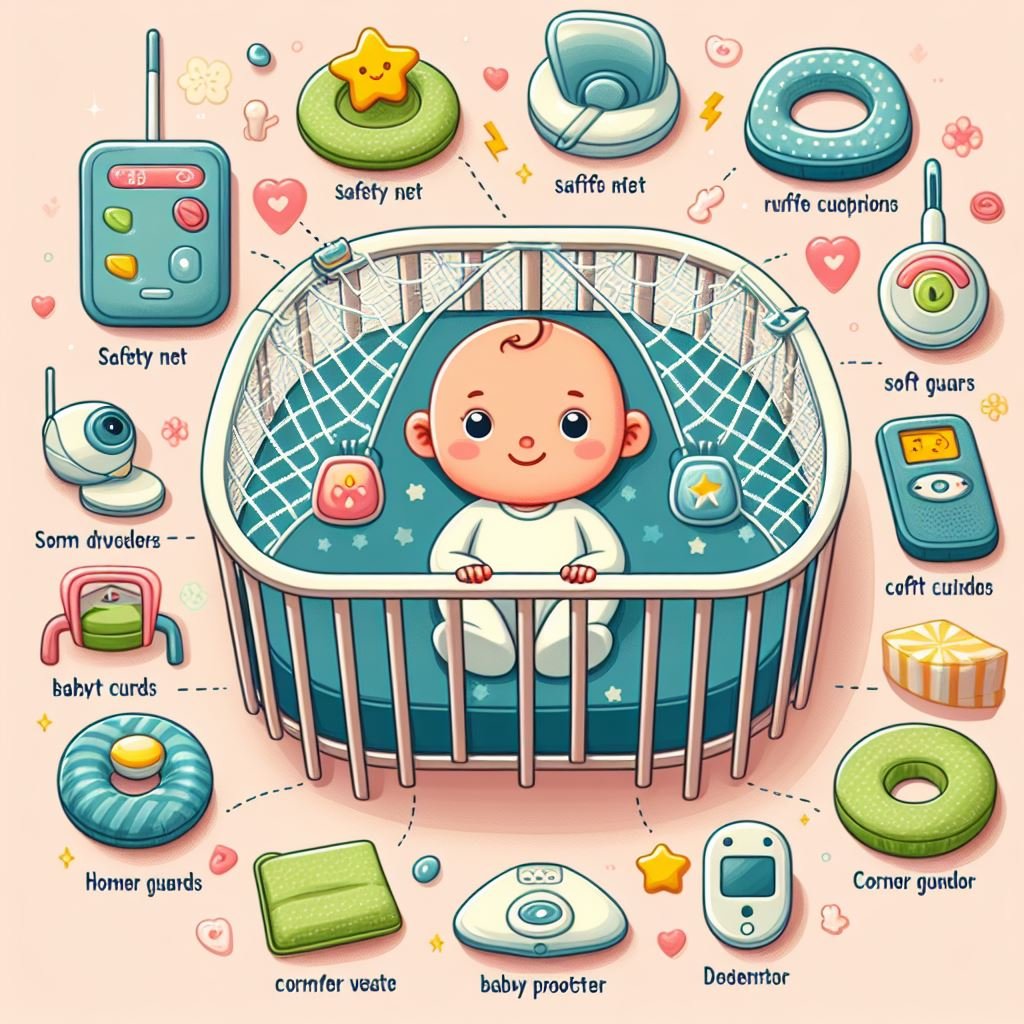
Additionally, it is essential to have a reliable baby monitor system in place. This will allow you to keep an eye and an ear on your newborn even when you are not in the same room. Choose a monitor with video capabilities and clear audio reception to ensure you can closely monitor your baby’s movements and sounds.
Furthermore, it is advisable to plan your toilet breaks strategically. Try to time them when your newborn is asleep or when someone else can be present to watch over them. This will minimize the length of time your newborn’s safety is left unattended and reduce any potential risks.
Establishing a Support System
One key aspect of ensuring your newborn’s safety and well-being while attending to your own needs is to establish a reliable and supportive network of caregivers.
As a parent, it is natural to want to be there for your baby every second of the day. However, it is equally important to recognize the importance of self-care and the need for occasional breaks.
By establishing a support system, you can create a network of individuals who can step in and assist you when necessary. Here are three essential components of a strong support system:
- Trusted family members: Having close relatives who are willing and able to lend a hand can be invaluable. Grandparents, aunts, uncles, and older siblings can provide love and care for your newborn’s safety while you attend to personal needs.
- Friends and neighbors: Developing relationships with neighbors and friends who have experience with infants can be beneficial. They can offer a helping hand, whether it’s babysitting for a short period or providing advice and support.
- Professional caregivers: Consider hiring professional caregivers, such as nannies or babysitters, who are trained in newborn’s safety care. They can provide a safe and nurturing environment for your baby while you take a much-needed break.
Making Informed Decisions
A thorough evaluation of available information and resources is crucial in making informed decisions regarding leaving your newborn unattended for short periods of time. As a parent, it is natural to have concerns about leaving your newborn alone, even for something as basic as using the toilet. However, there are certain factors that can help you make an informed decision.
Firstly, it is important to consider the age and development of your newborn’s safety. Newborns require constant care and supervision, especially in the early weeks of their lives. Their limited ability to regulate body temperature and their dependency on frequent feeding and diaper changes make it necessary to have someone present at all times. However, as your baby grows older and becomes more independent, you may feel more comfortable leaving them unattended for short durations.
Secondly, it is crucial to have a reliable support system in place. This can include a partner, family members, or close friends who can assist you in caring for your newborn. It is important to establish open and honest communication with your support system so that you can discuss your concerns and determine the best course of action.
Lastly, it is helpful to consult professional resources such as pediatricians or parenting books. They can provide valuable insights and guidelines on when it is appropriate to leave your newborn unattended for short periods of time.
Frequently Asked Questions
How Long Can I Leave My Newborn Unattended?
It is important to prioritize the safety and well-being of a newborn at all times. Leaving a newborn unattended for any length of time can pose significant risks. It is recommended to have a plan in place to ensure continuous supervision.
What Are the Potential Risks of Leaving My Newborn Alone?
Leaving a newborn unattended can pose significant risks, such as falls, suffocation, or choking hazards. It is crucial to prioritize the safety and well-being of your child by ensuring constant supervision and creating a secure environment.
Can I Use Baby Monitors as a Substitute for Supervision?
Using baby monitors as a substitute for supervision is not recommended. While they can provide convenience, they cannot replace the immediate presence and responsiveness that a caregiver provides to ensure the safety and well-being of a newborn.
How Can I Ensure My Newborn’s Safety While I’m Away?
Ensuring a newborn’s safety while temporarily away requires careful planning. Consider utilizing a trusted caregiver, such as a partner or family member, to provide supervision. Additionally, creating a safe environment and using baby monitors can further enhance their safety.
Are There Any Alternatives to Leaving My Newborn Alone When I Need to Use the Bathroom?
When it comes to ensuring your newborn’s safety while they need to use the bathroom, it is important to consider alternatives to leaving them alone. Exploring options such as utilizing a baby monitor or asking for assistance from a trusted caregiver can provide peace of mind.
Conclusion
In conclusion, ensuring the safety and well-being of your newborn should always be a top priority. Supervision is crucial, and understanding their needs is essential. Implementing safety measures and establishing a support system can provide peace of mind. Remember, ‘Better safe than sorry’ when making informed decisions regarding leaving your newborn briefly to attend

